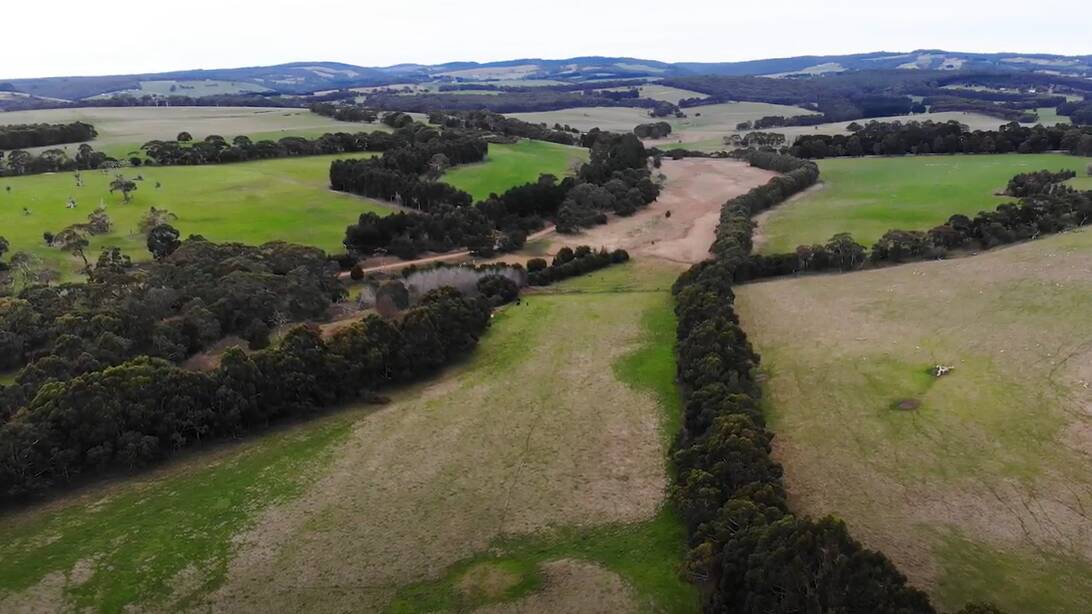
PEAK farming bodies have backed a plan to allow the federal government to restrict how much of land farmers can revegetate for carbon projects, despite a lack of evidence to support the proposal.
Subscribe now for unlimited access.
or signup to continue reading
National Farmers Federation and NSW Farmers support the proposal to give the Agriculture Minister the power to veto any Emission Reduction Fund native forest carbon projects that take up more than one-third of a farm.
Agriculture Minister David Littleproud said the veto powers were designed to prevent absentee landholders. However, critics of the proposal point out there is no evidence carbon projects were leading to people leaving the land and were being used as a scapegoat to avoid discussing the complicated underlying issues that contribute to rural decline.
Although there might be limited evidence, NFF chief executive Tony Mahar said the veto proposal was "getting out in front of the trends".
"There are enough conversations and interest in agriculture holdings globally that signal we need to have this on our radar," Mr Mahar said.
NSW Farmers president James Jackson said carbon projects had "limited inputs" and local agricultural suppliers would lose a significant number of clients.
"This is about the rate of change and structural adjustment, because carbon projects change the dynamic of employment in an area," Mr Jackson said.
Carbon Market Institute chief executive John Connor said it was a fallacy to assume carbon projects were leading people to leave regional areas and there was no evidence to support the theory.
"It's a myth that you can just walk away from a property [with a carbon project]," Mr Connor said.
"Actively managing it is in the best interest of the landholder. Fire and pests can reduce the number of carbon credits the project accrues, so landholders have a vested interest to manage it."
Agriculture Minister David Littleproud said the veto powers would stop absentee landholders creating fire, weed and pest problems for their neighbours. However, carbon projects are already heavily regulated, with pest and fire management plans already a part of the current approval process.
IN OTHER NEWS:
Mr Littleproud also wants to loosen the grip aggregators - businesses who manage multiple carbon projects for a cut of the profits - have on the industry.
"I see [carbon projects] as a drought measure, but I want to see farmers getting most of that, not money leaving to go to aggregators who take up to 35 per cent of the profits," Mr Littleproud said.
Mr Connor said the great irony in the veto powers would place more administrative burden on farmers, which would likely push them towards aggregators - particularly given the trigger point for a veto review would apply to almost every on-farm project, the averaged size of which was 33 per cent of a farm.
Farmers will have to either know the exact area of the project - which usually starts off as the whole property and then narrowed down - at the start of the approval process, or explain to the government why the project wouldn't have a detrimental impact on agriculture and local community.
Mr Mahar stressed the veto powers would need clear guidelines about how it would be used, and the NFF was open to discussing how big a project should be before it triggers a review.
"[One-third of the farm] is a starting point, we've got to start somewhere - that being said, every farm is different," Mr Mahar said.


